Our Rwandan coffees are sourced from the highest-performing cooperatives within the Sustainable Growers women's coffee program. These coffees were produced exclusively or in part by professional women who grow and supply high-quality, specialty coffee for trade.
By purchasing coffee from these inspiring producer groups, you are supporting women coffee professionals and their families. We invite you to learn about these incredible producers below and request a sample of their delicious coffees to make an impact!
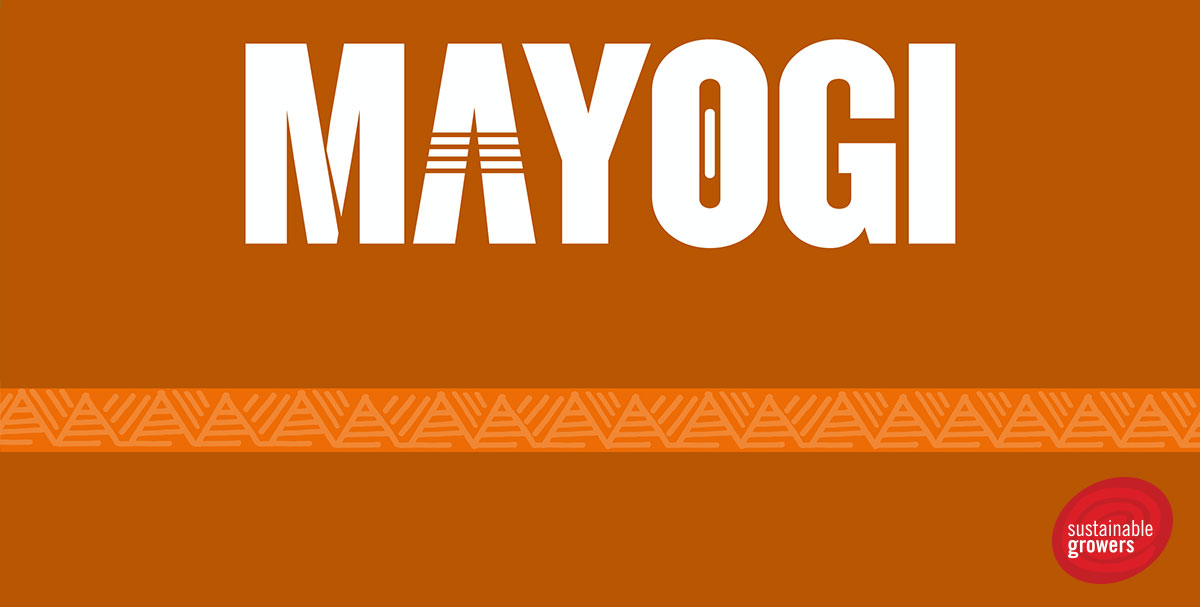
Through relentless dedication to excellence, Mayogi
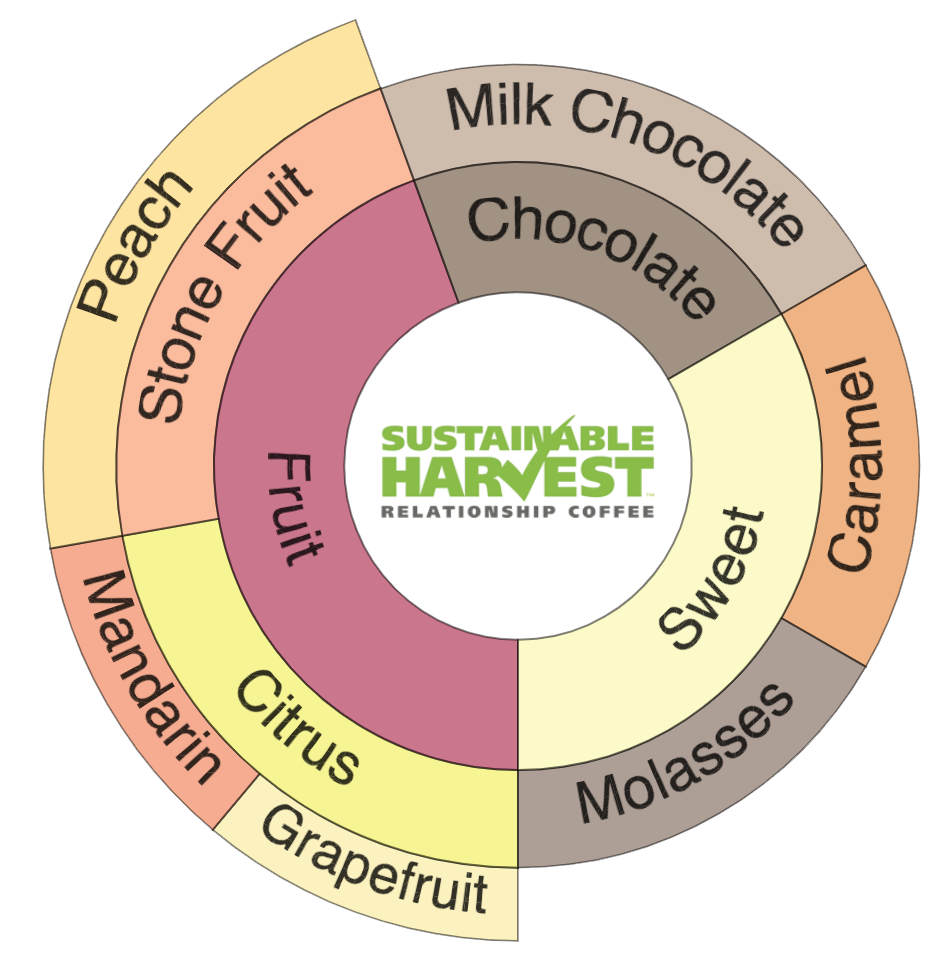
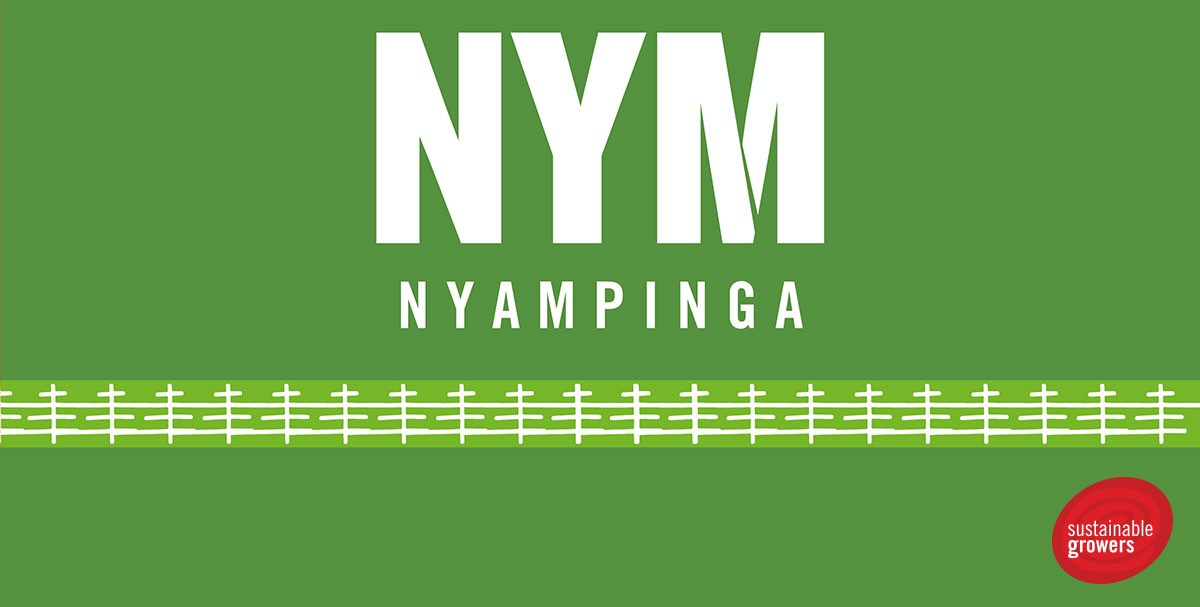
Nyampinga, which translates to "beautiful Women, both inside and out," is a women's coffee cooperative in the Nyaruguru district of Southern Rwanda. Nyampinga was one of the first cooperatives to enroll in Sustainable Growers' training program in agronomic best practices, market access initiatives, and quality control. The result of the farmer's hard work and enhanced knowledge of coffee production has been a resounding improvement in cup quality. Nyampinga coffees are among finest available in all of Rwanda.
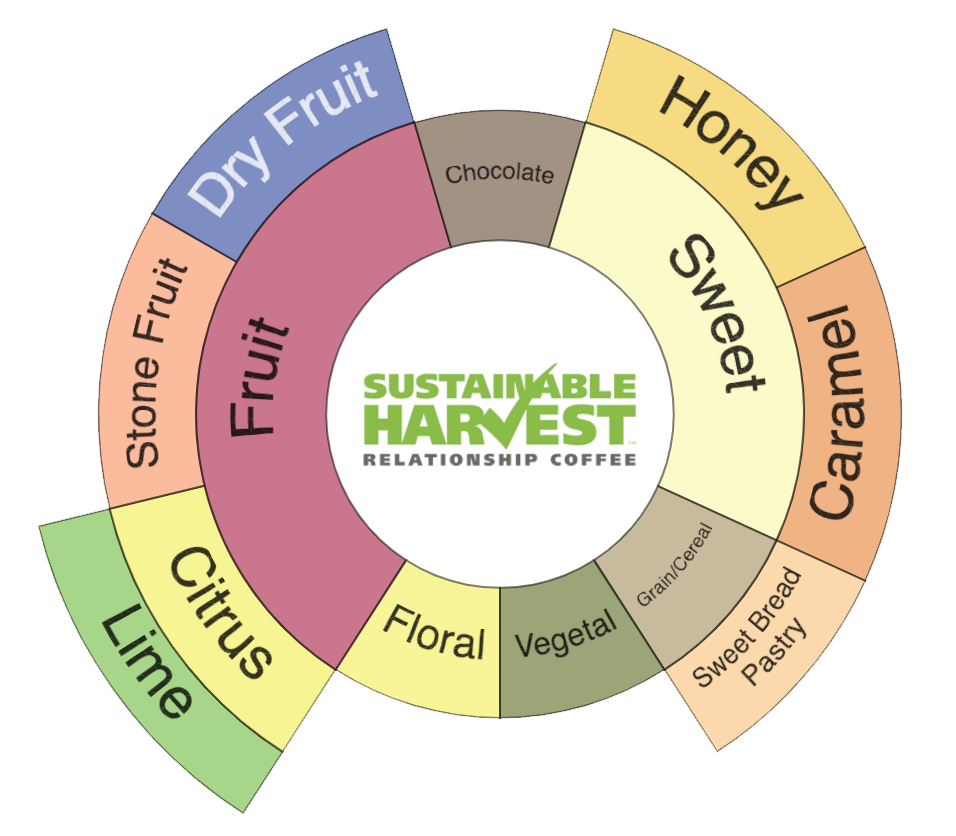
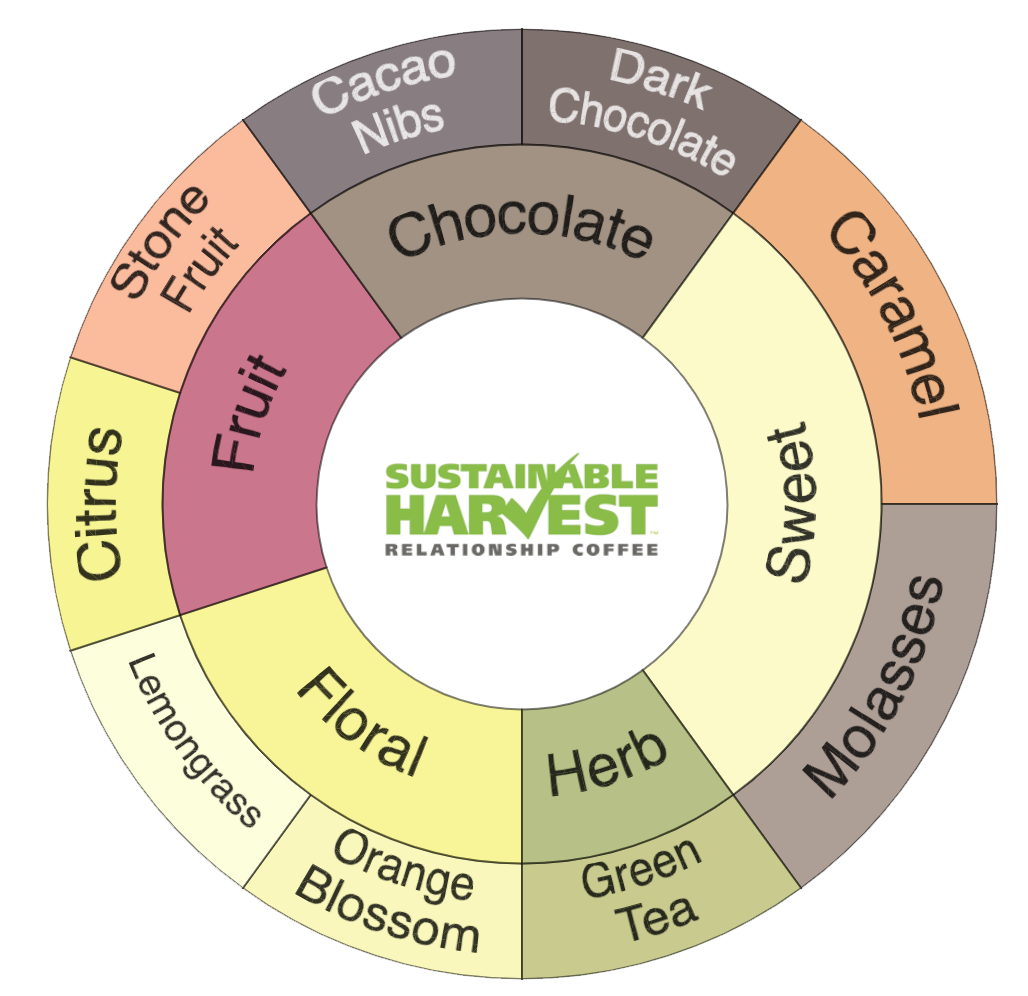
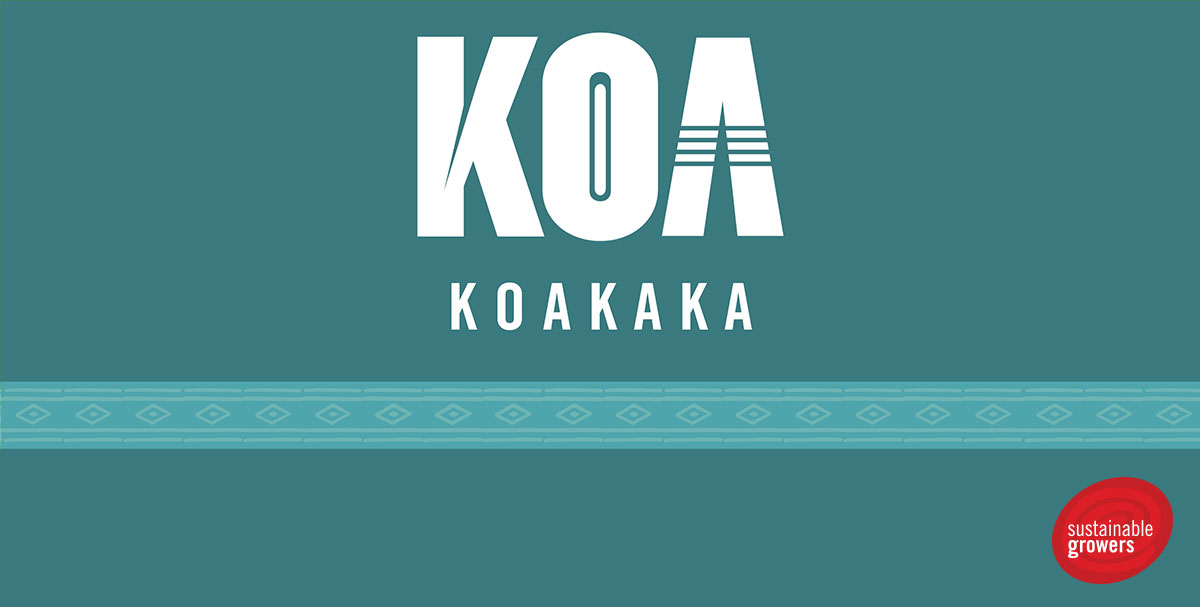
A well-established cooperative, Koakaka brings two decades of experience to their operations, producing a unique cup profile that has earned them top accolades over the years. Koakaka has hit a number of significant milestones over the years that showcase their innovative spirit. In 2014, they began to segment their women's coffee, offering high-quality, high-impact lots to the international market. In 2016, Koakaka coffee was recognized by RWASHOSCCO as the best coffee in the country with a score of 90.3. In 2018, Koakaka continued that tradition of excellence by placing 10th in the Rwanda Cup of Excellence.
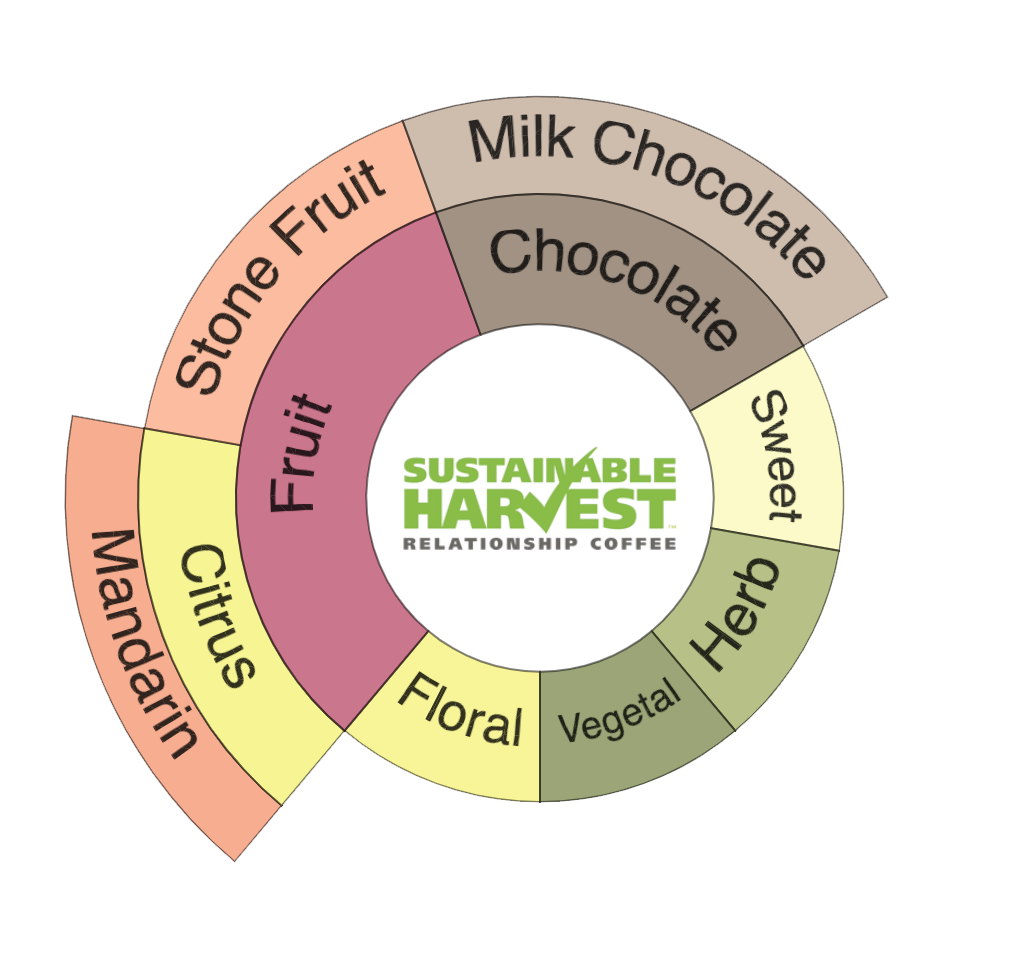
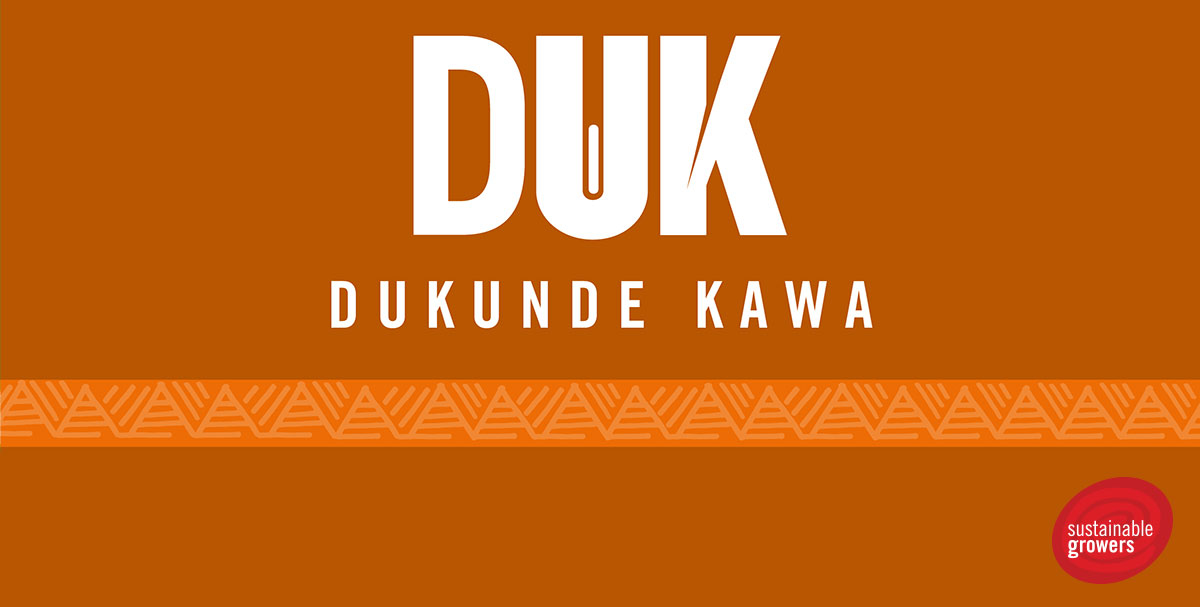
In the cool mountain air and verdant slopes of northern Rwanda’s Gakenke district, the farmers from the Dukunde Kawa Musasa cooperative harvest their ripest coffee cherries. With high peaks (6,600-foot elevation) and two annual periods of rainfall, this area possesses a unique micro-climate that creates a wonderfully complex, distinct terroir that results in unforgettable coffee. 80% of Dukunde Kawa's members are women, and in addition to producing coffee they have established a sewing association and implemented a program to produce and export traditional Rwandan baskets, broadening the co-op’s trade skills.
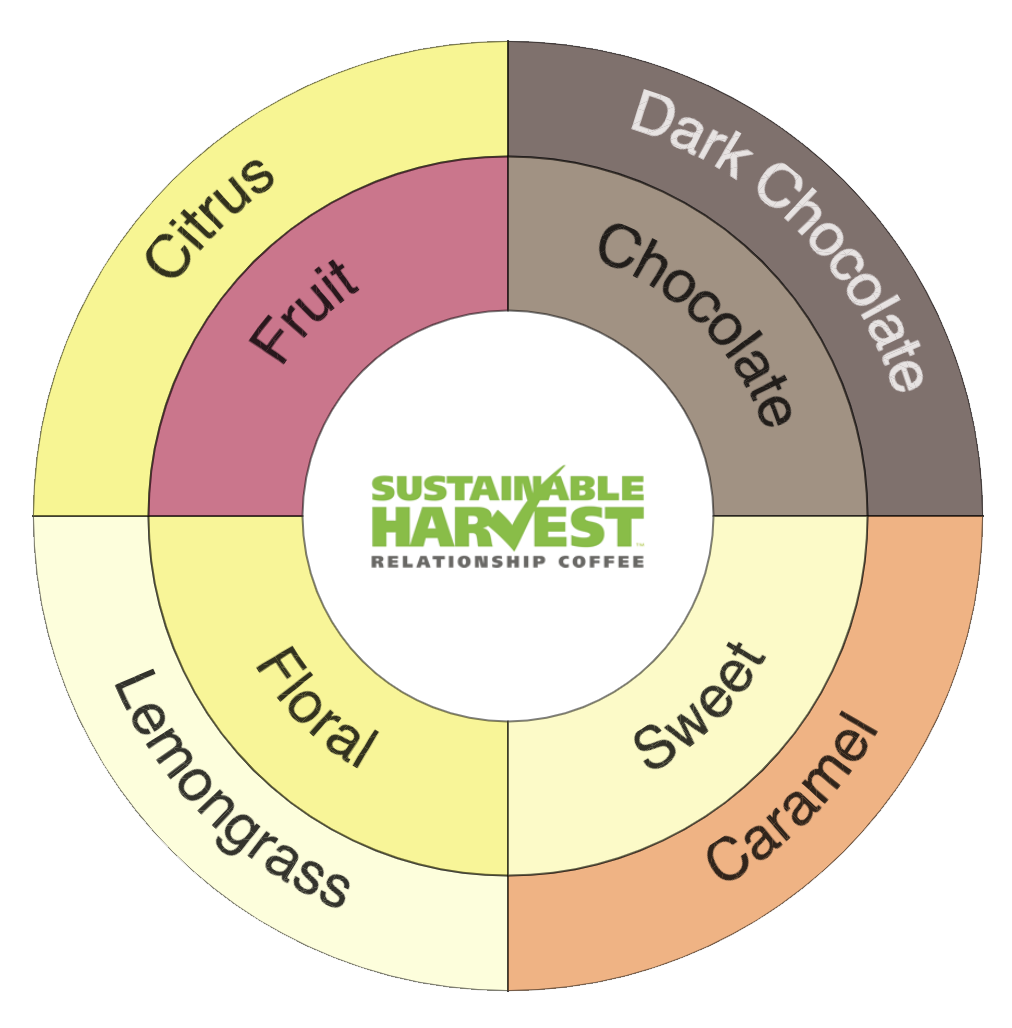
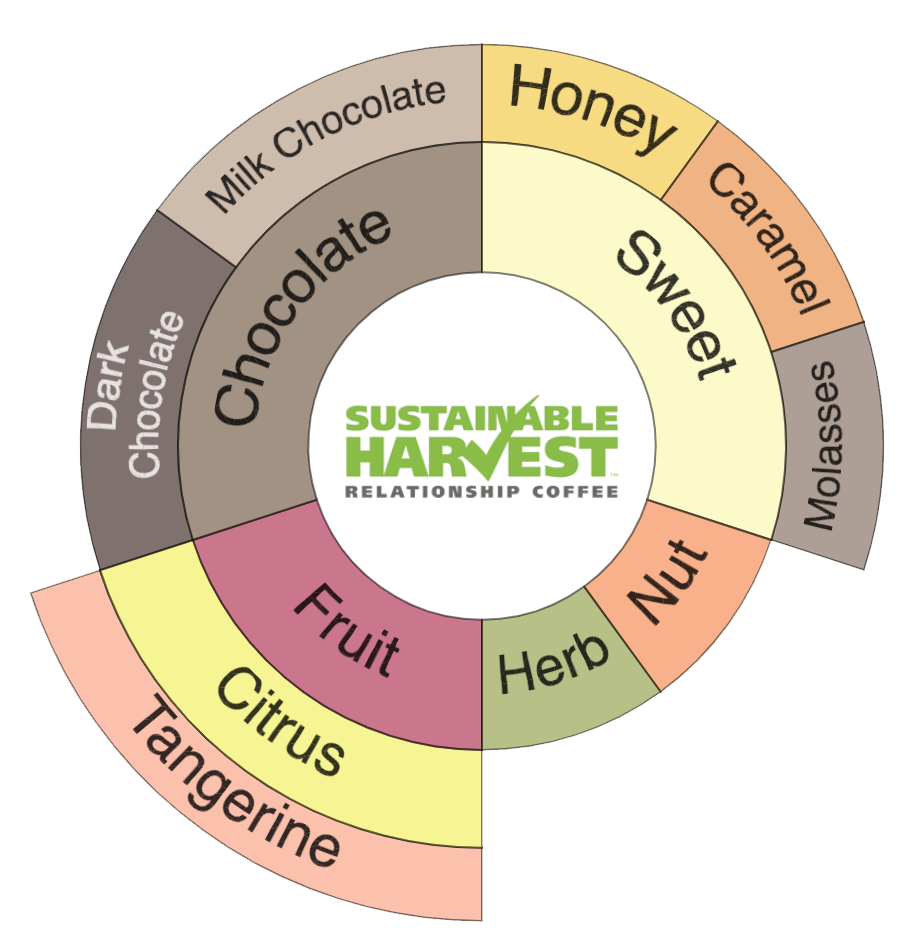
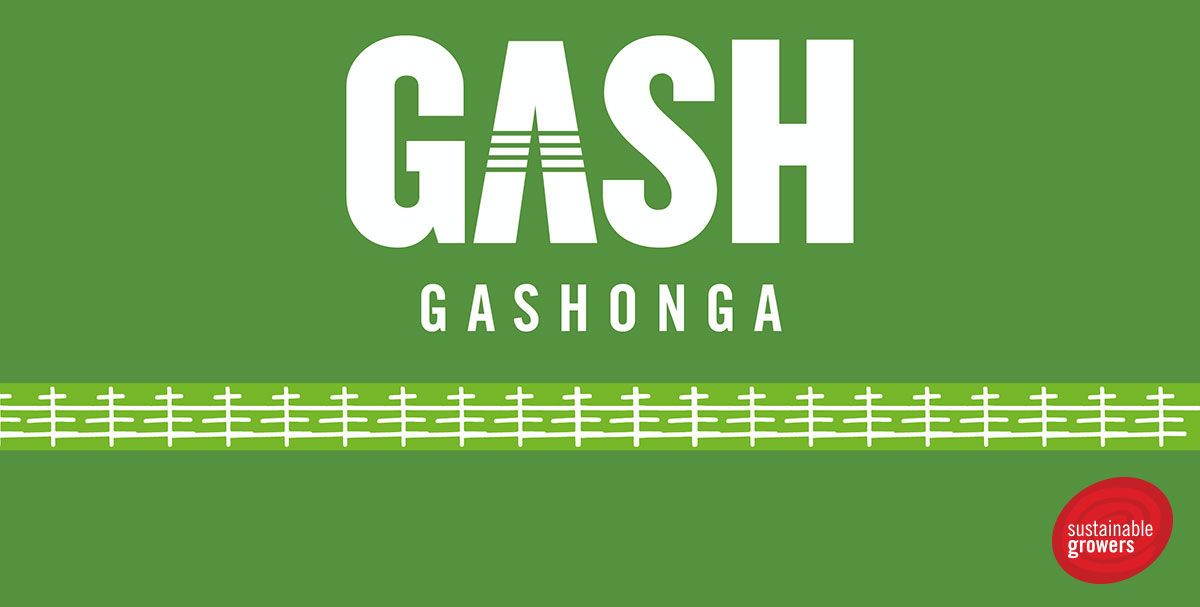
Through perseverance, hard work, and an enterprising spirit, Gashonga producers have produced internationally recognized coffee, earning themselves a
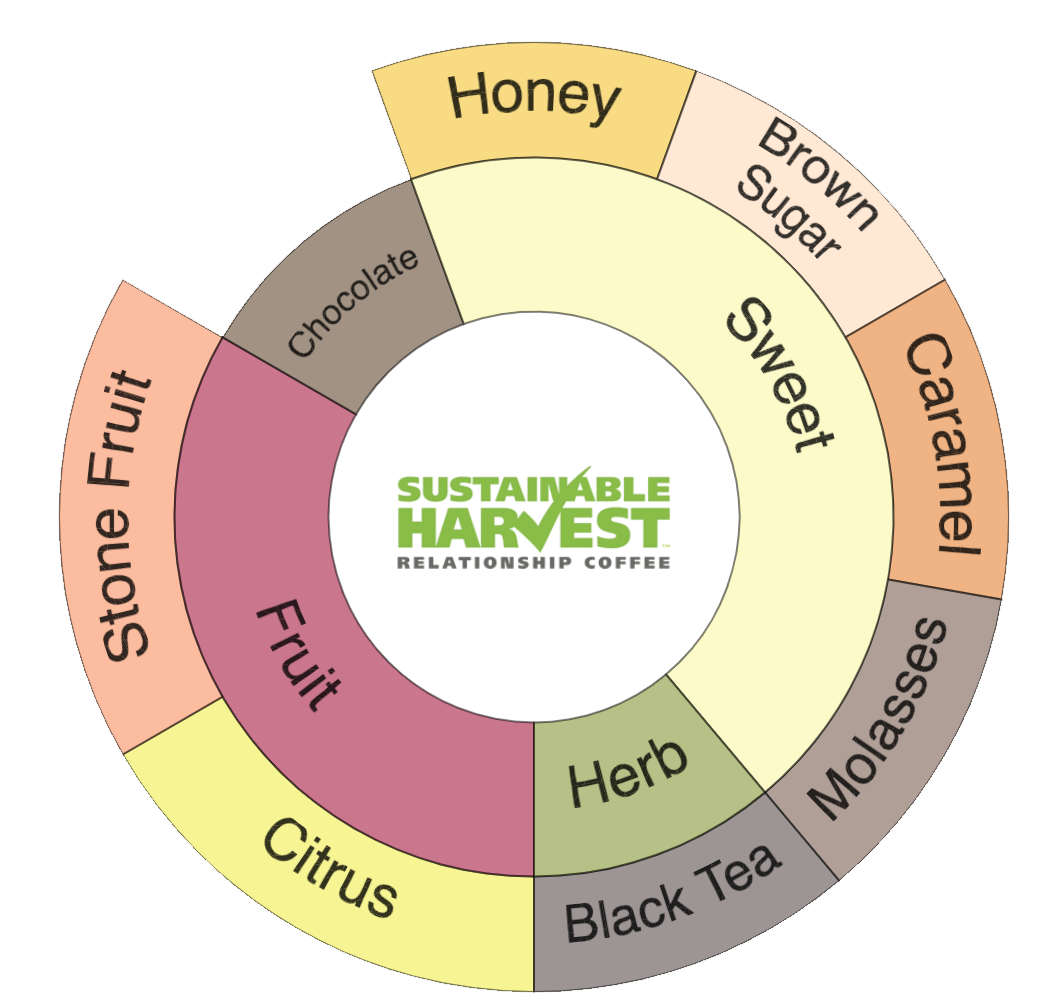
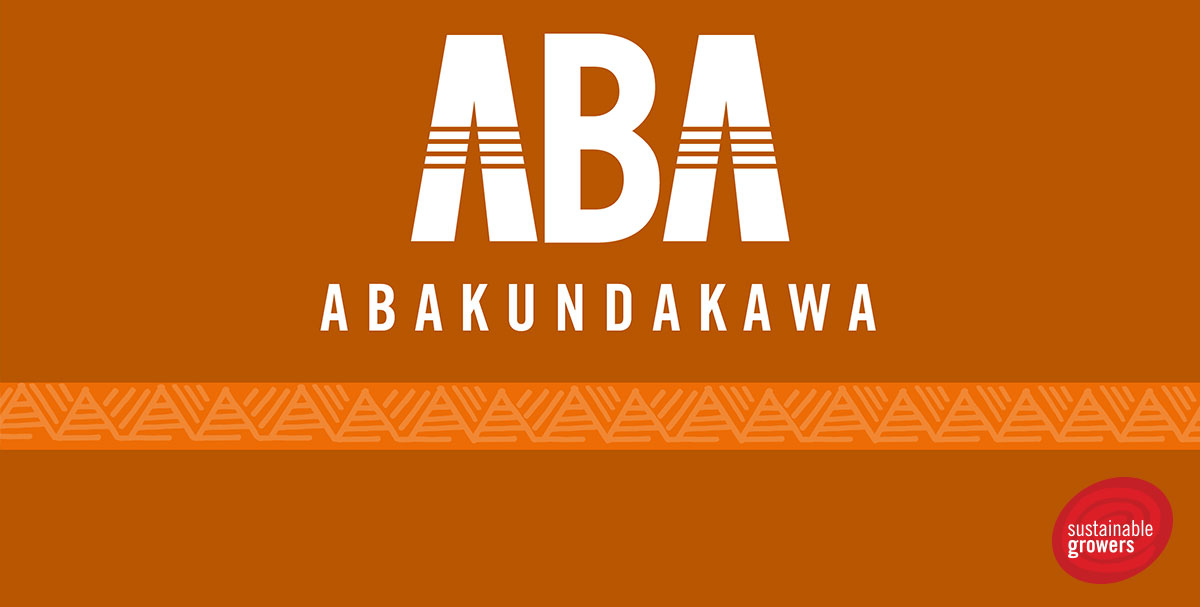
Abakundakawa cooperative farmers hand-pick ripe cherries on the volcanic slopes of Rwanda’s mountainous Gakenke district. The area’s distinct micro-climate, high elevation, and rich volcanic soils help produce coffee with balanced sweet, floral, and fruit-forward notes in the cup. Abakundakawa has grown rapidly, adding a second washing station and expanding its membership from 180 to nearly 2,000 coffee growers since its founding in 2004.
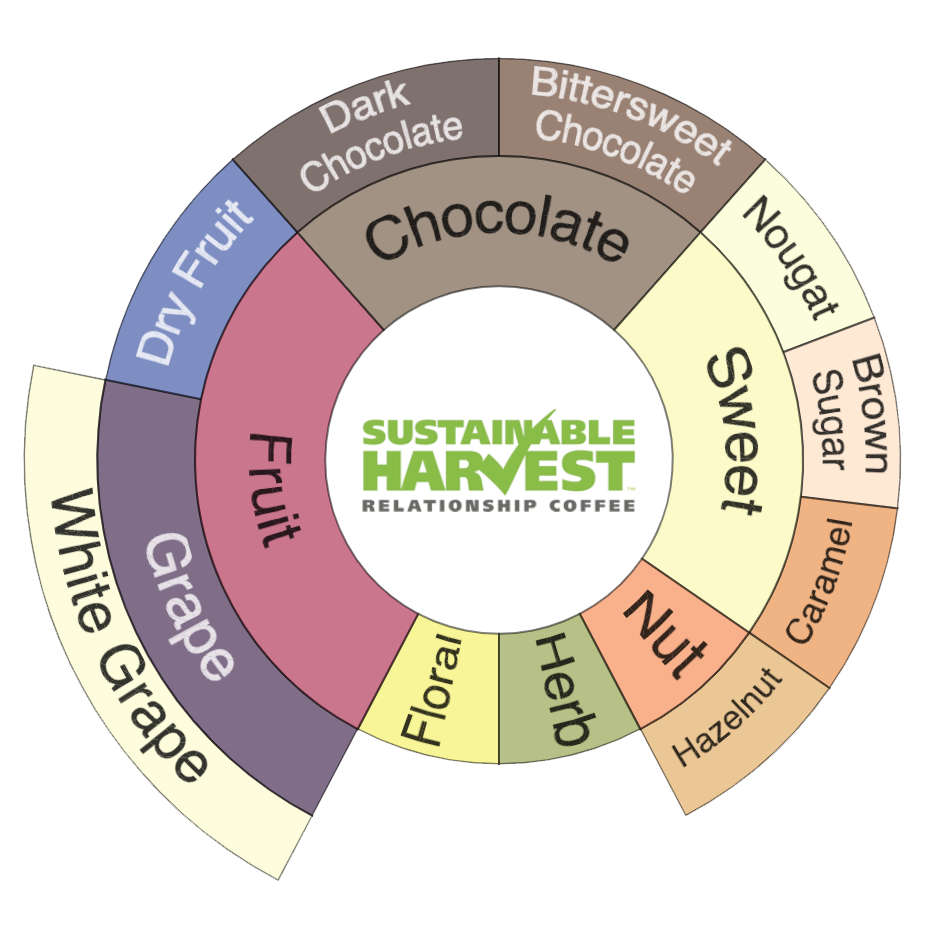
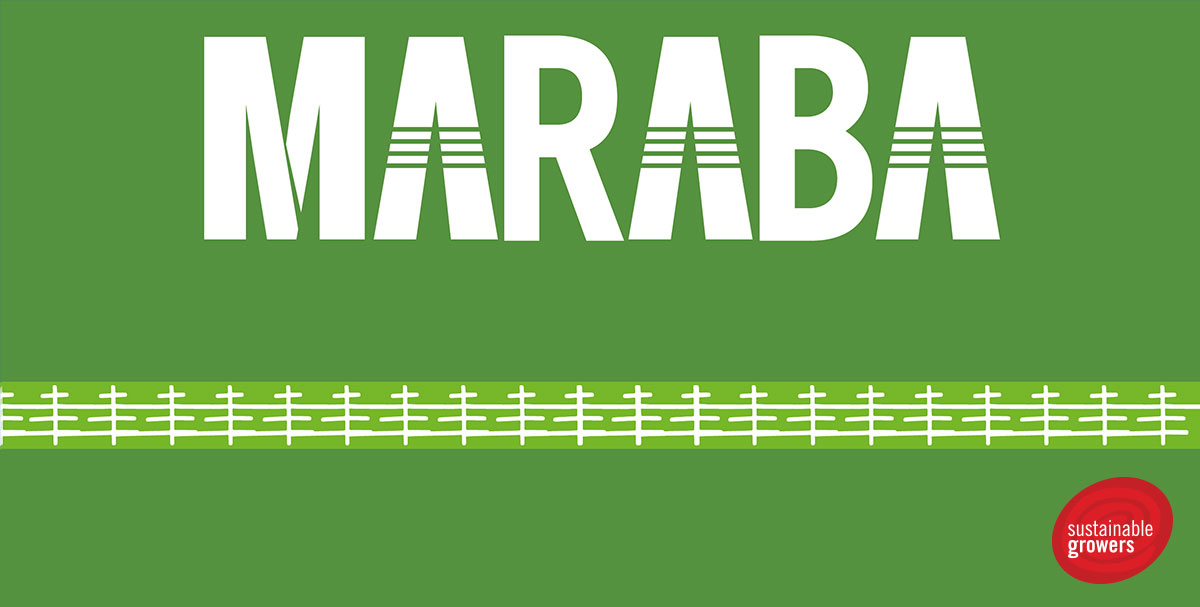
For many years after its 1994 founding, Maraba grew commercial-grade
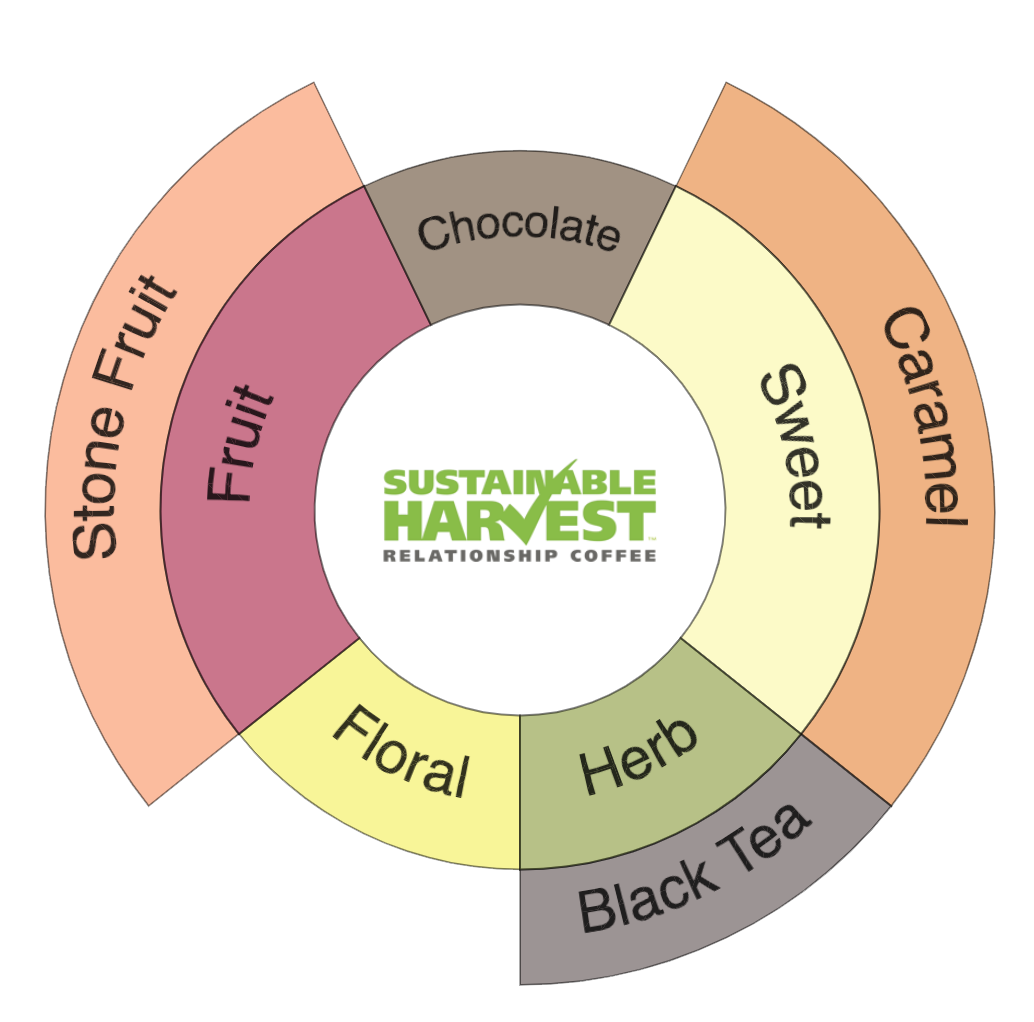
About Sustainable Growers
Since 2013, Sustainable Growers has worked in partnership with Bloomberg Philanthropies to help women and their families become professional suppliers of specialty coffee. On the farm, they support agricultural training to women-led cooperatives. Beyond the farm, they teach home roasting, cupping, barista and business skills. Once the coffee cooperatives in their program deliver gourmet coffee at high volumes, they help bring it to consumers.
Learn more at www.sustainablegrowers.org.

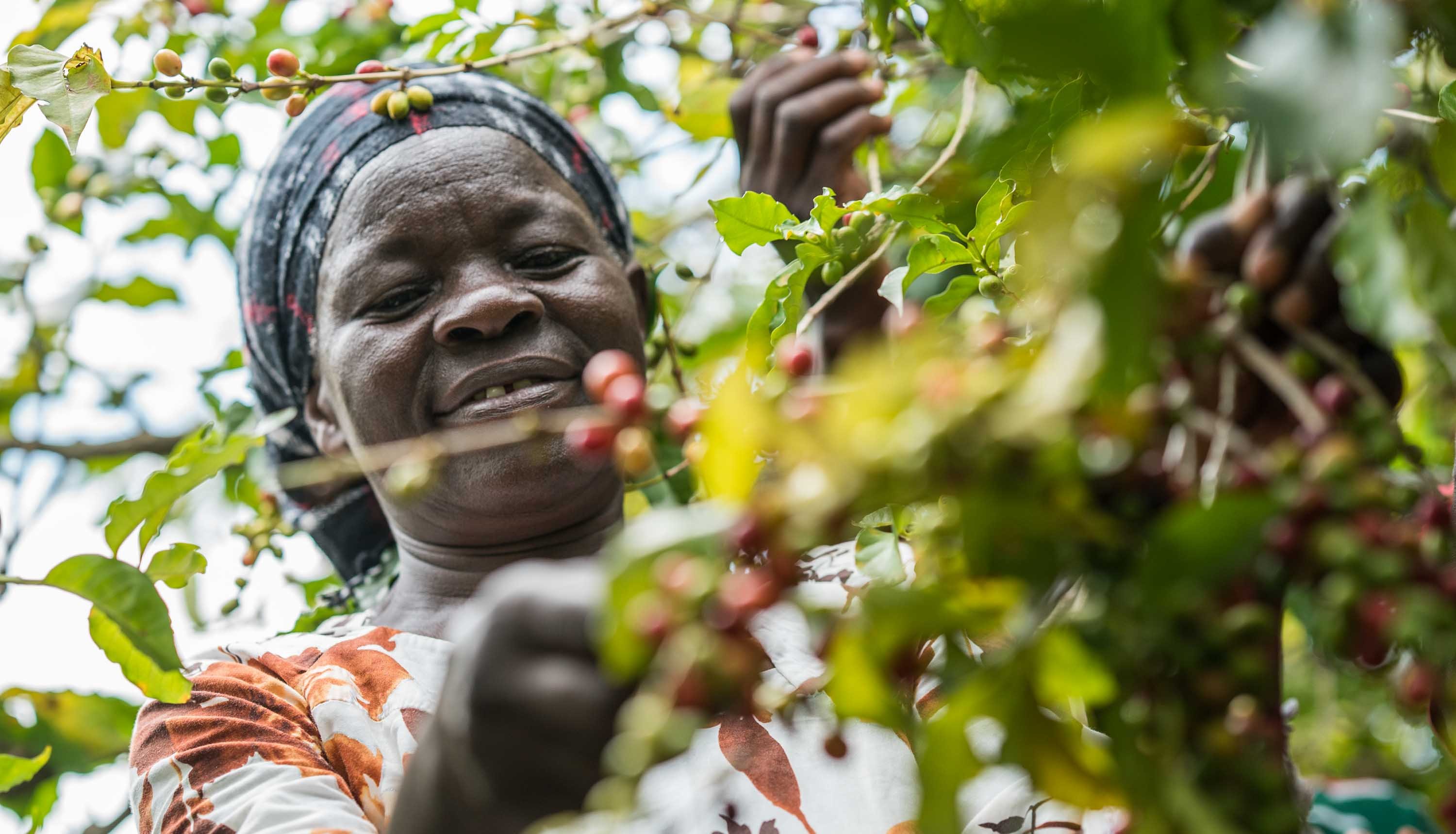
2303 W Commodore Way , Suite 204
Seattle, WA 98199
503-235-1119